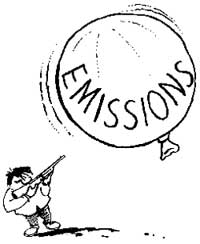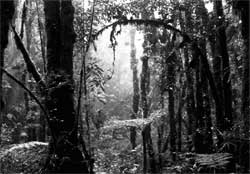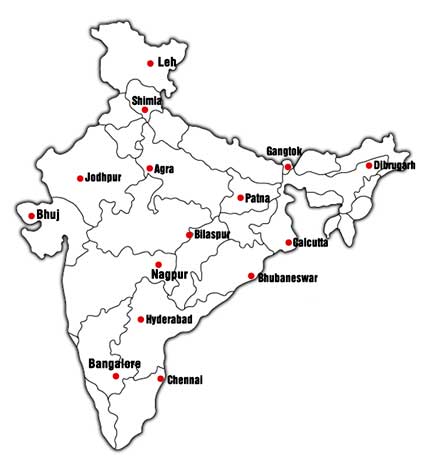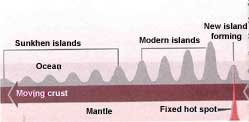
For a better tomorrow
Unlike the first United Nations conference on climate change, the recently concluded second meet was marked by a desire to give the planet a second chance

Unlike the first United Nations conference on climate change, the recently concluded second meet was marked by a desire to give the planet a second chance

Higher temperatures the world over do not just result in rising sea levels. According to a recent report produced by scientists from 50 countries, global warming has endangered even human health

Carbon dioxide, maligned for degrading the atmosphere, also enhances vegetative cover
A Delhi-based scientist has developed a new system to destroy cancerous tumours by using very high frequency sound waves as a heat source. Developed by Ved Ram Singh and colleagues at the National
Fridges to hum on sound waves

Forget solar power, time has come for sound driven machines

Down To Earth conducted a survey among people throughout the country to assess their perceptions of climate change in their respective regions. Some of the responses received
FEARS of ozone layer depletion have inspired research into refrigeration technologies that do not depend on ozone-destroying chemicals and which may even be more efficient than the

NASA scientists have developed a new space based imager with very high resolution which will help foresters, farmers and geologists, and lay the foundation for future land imaging systems

Using that mobile phone might boost your business, but it might fry your brain

Muffling the sound made by a supersonic jet during take off could bring calm to areas where air traffic is high

Using light instead of electrons in circuits

For the first time, scientists beheld the unusual phenomenon of the birth of an island from an undersea volcano in the Pacific ocean off Hawaii
CLEAN UP TIME: Pollutec Operations, Australia, has come up with a technology to extract litter and other solid debris from urban stormwater drains. The process, known as Continuous Deflective

optical fibre has become the mode of choice for electronic data transfer. Transmission losses are much lower than in copper wire, and the speed much faster. A team at Duke University tried something

EGYPTIAN scientists Y I Hanna and M M Kandil of the National Institute for Standards in Cairo have designed and tested a double-layered curtain using local textiles which absorbs sound and light to

birth and death of stars has intrigued scientists all along. A recent study has dispelled the notion that massive stars die with violent accompaniments such as bursts of light and ejection of

The rising trend of murky days in recent years has failed to spur the Indian Meterological Department into action. Quite clearly, the need of the hour is to embark on a major programme to demystify the fog
safe fuel: Norwegian researchers have started testing a new type of fuel designed to burn plutonium without breeding it. If successful, it could help rid the world of its stockplies of plutonium

A few small holes in the manifold may be all that takes to improve engine efficiency